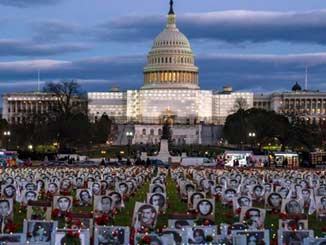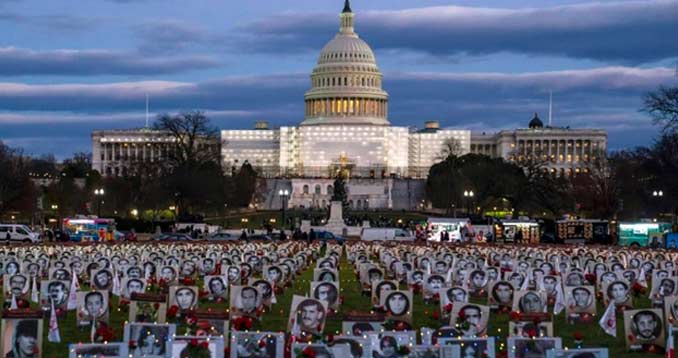

Iran’s Supreme Court has accepted the appeals of two protesters sentenced to death due to flaws in investigating their cases according to the country’s judiciary.
“The Supreme Court accepted the appeals of Mohammad Qobadloo and Saman Saidi Yasin, accused of the recent riots,” the judiciary’s Mizan news agency reported. “Due to research deficiencies, the Supreme Court has referred them to the same courts for reexamination.”
Yasin, a Kurd who raps about inequality, oppression and unemployment, was accused of attempting to kill security forces and singing revolutionary songs. Qobadloo was charged with killing a police agent and injuring five others during the protests.
Nationwide unrest erupted in mid-September after the death in custody of 22-year-old Kurdish Iranian woman Mahsa Amini, who was arrested by morality police enforcing the Islamic Republic’s mandatory dress code laws.
Iran hanged two protesters earlier this month: Mohsen Shekari, 23, was accused of blocking a main road in September and wounding a member of the paramilitary Basij force with a knife. Majid Reza Rahnavard, 23, who was accused of stabbing to death two Basij members, was publicly hanged from a construction crane.
Amnesty International has said Iranian authorities are seeking the death penalty for at least 21 people in what it called “sham trials designed to intimidate those participating in the popular uprising that has rocked Iran.”
Iran’s most prominent Sunni cleric, Molavi Abdolhamid of Sistan-Baluchistan province, said in a sermon in Zahedan on Dec. 23, 2022, that the recent government crackdown on street protests was wrong. “Let soldiers stay in their barracks,” he said.
“My advice is not to beat up citizens. No government shoots its own citizens like this one,” the outspoken Sunni cleric Molavi Abdolhamid was quoted on his website as saying in a sermon at Friday prayers in Zahedan, capital of Sistan-Baluchistan province.
The government has blamed the unrest on demonstrators bent on the destruction of public property and says they are trained and armed by enemies, including the United States, Israel and Saudi Arabia.
Impoverished Sistan-Baluchistan is home to Iran’s Baluch minority, estimated to number up to 2 million people, who human rights groups say have faced discrimination and repression for decades.
Some of the worst unrest in recent months has been in areas home to minority ethnic groups with long-standing grievances against the state, including Sistan-Baluchistan and Kurdish regions.
After the sermon, demonstrators marched in Zahedan, chanting “Political prisoners must be freed” and “Death to the Islamic Republic,” according to videos posted on social media. Reuters could not immediately verify the footage.
Rights group HRANA said that as of Friday, 506 protesters had been killed, including 69 minors. It said 66 members of the security forces had also been killed. As many as 18,516 protesters are believed to have been arrested, it said.
A top state security body said early this month that 200 people, including members of security forces, had lost their lives in the unrest.

Leave a Reply